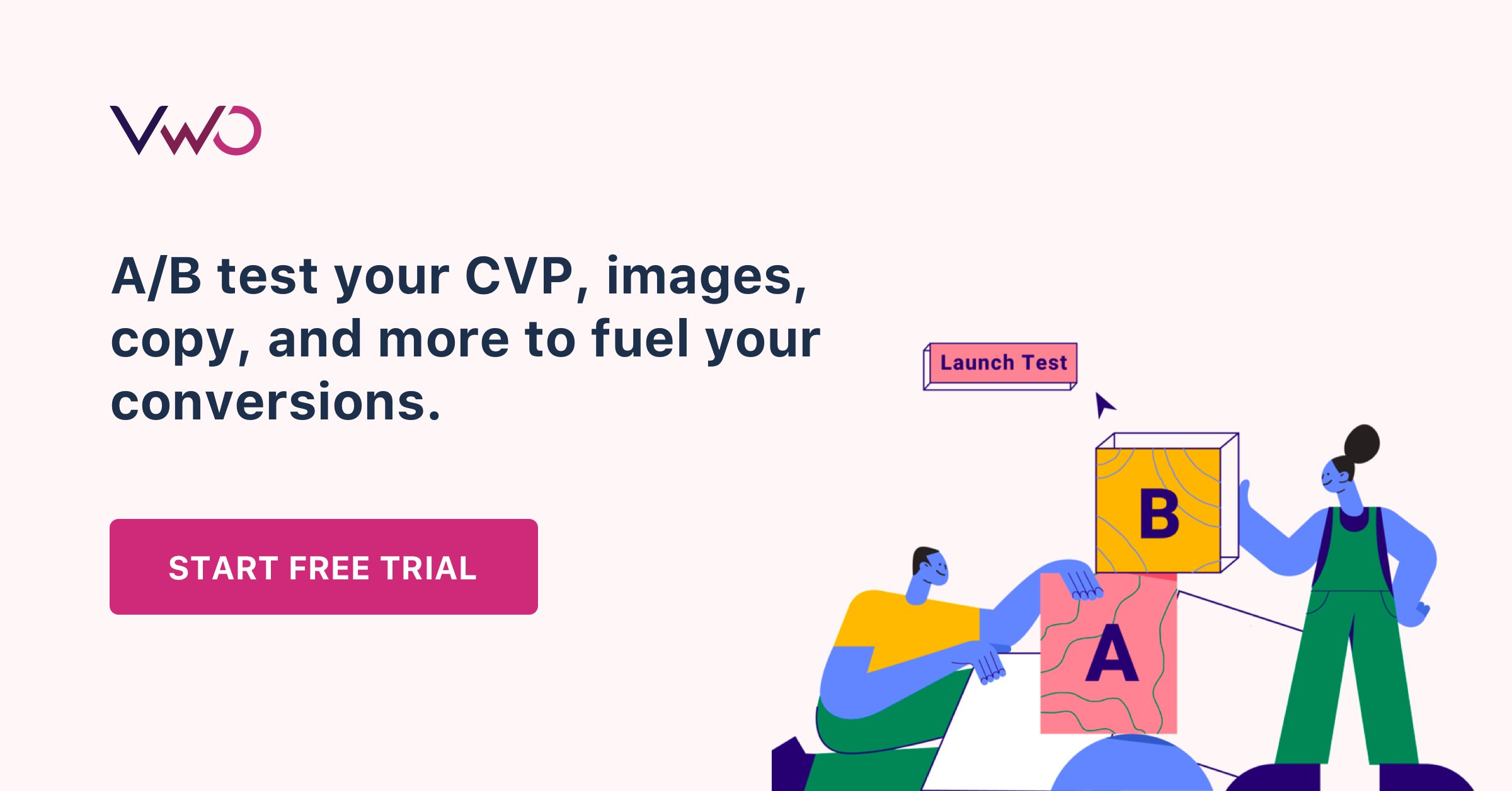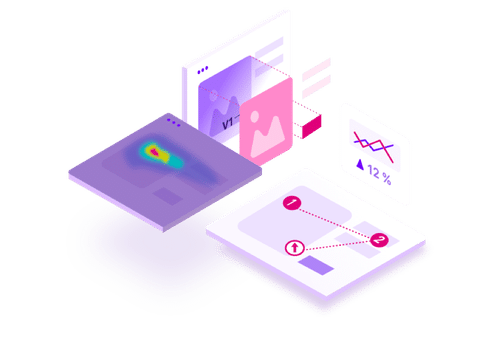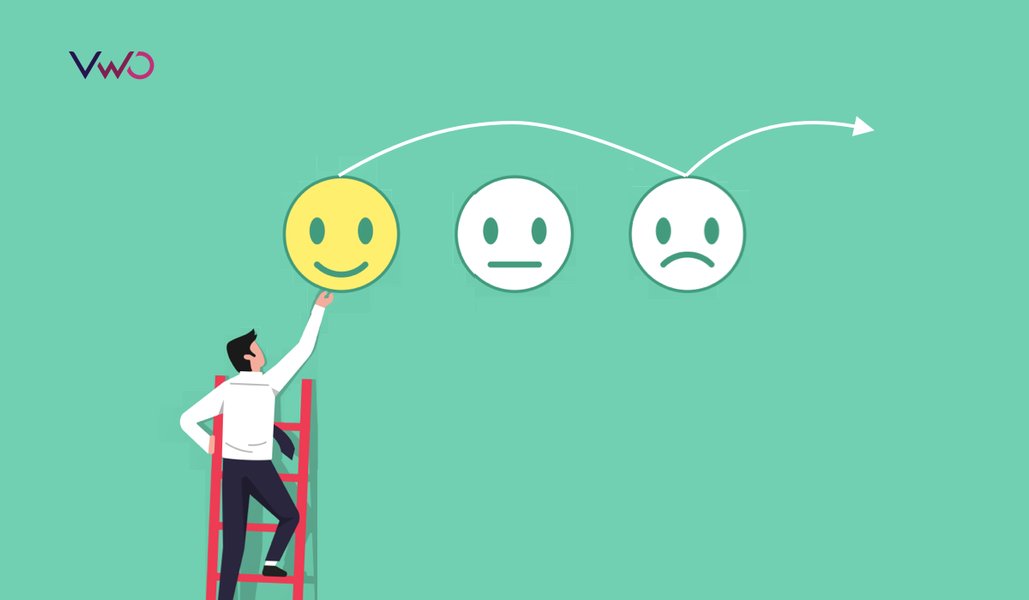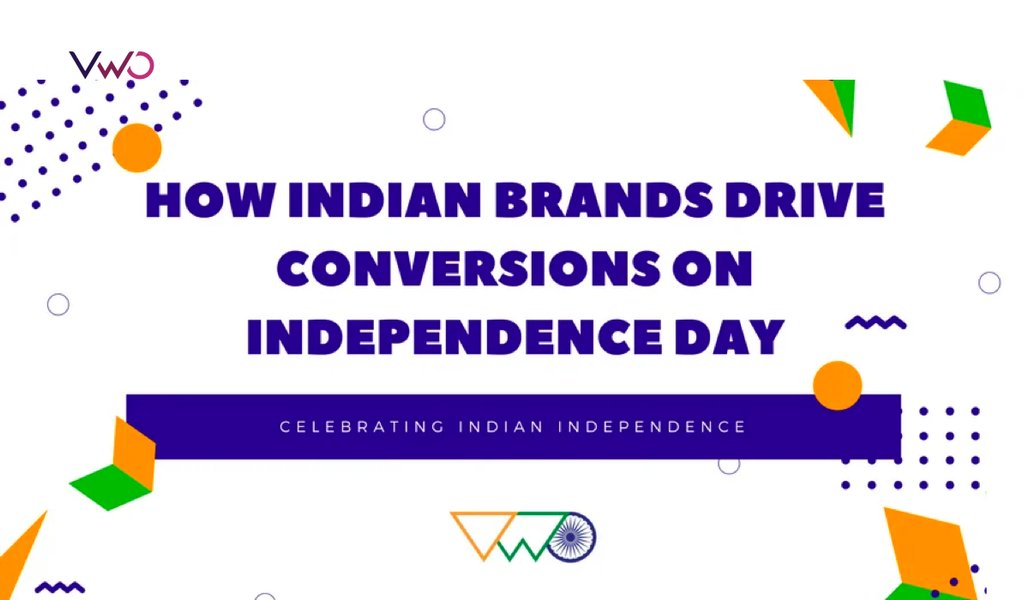Optimize Your Marketing Efforts with a Killer Value Proposition
All marketers believe that their product offers value to potential customers—that it is worth the money they invest to have the product or service. But many businesses struggle to convert customers because they don’t have, or don’t understand how to communicate, real competitive advantage.
There is a simple way to boost marketing efforts that many marketers miss, or haven’t dug deep enough to find out. This is the customer value proposition (CVP) or unique selling proposition (USP).
Download Free: Conversion Rate Optimization Guide
When you want to establish an edge over your competitors, you need to go beyond the usual approach and explicitly answer the “Why should I buy from you?” question for your prospects. To be precise, you need to have a USP if you want to stay ahead of the curve.
What is, and isn’t a customer value proposition?
At its core, the CVP is a clear statement that effectively conveys to the target audience why they should make a purchase. It succinctly sums up the value the product represents to them. This value is based on tangible and intangible benefits that the product provides, or the problem it solves for them. But a USP is not a slogan. For example, LG’s “Life’s Good” is not a value proposition. It’s a tagline that communicates the brand but doesn’t convey anything about the product. A USP should clearly answer the question “why should I buy this and not something else?”
How does a customer value proposition impact marketing?
The CVP plays a crucial role in a business model. It sets the expectations for customers and is the promise that your business follows through with. Thus, the CVP impacts all your marketing efforts, setting the foundation for the customer experience.
Given below are some other diagrams that show value proposition as one of the fundamental factors for a successful conversion optimization setup:
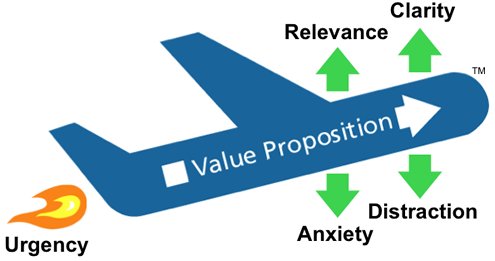
The LIFT model is a great way to understand the key factors that determine conversion rates on websites. Of the six main factors, the value proposition is the key influencer. The other elements can either help or hinder the USP (Unique Selling Proposition).

The conversion sequence formula Marketing Experiments is useful to understand how CVP impacts conversion.
C = Conversion, M = The level of visitors’ motivation that matches with the offer, V = The clarity of your value proposition, I = Incentives to reduce friction, F = Friction faced in the buying process, A = Anxiety in the buying process
Although motivation of visitors plays the most important role in the entire sequence, this element is influenced by outside factors. So, the next important factor and the one that you can control is the USP or value proposition.
So having an effective USP has the potential to dramatically improve your conversion rate.
But many marketers shy away from a value proposition because it can be difficult to identify a “true” USP. A/B Testing is a great way to find a USP that works for your company. Find out more about A/B testing and try it out for free here. Now let’s delve into how you can determine the unique selling point for your company, product, or website.
How to create a killer value proposition
First things first. Tell me, what’s it that makes your business unique for your ideal customer that you become an obvious choice for them? Maybe you give free shipping to remote locations? Perhaps you offer a hassle-free returns policy? All this is awesome. But these are “value-added” services. And it’s likely that someone in your industry might be providing them already. And if not, they could catch up soon. We must go deeper to find a truly unique and powerful customer value proposition.
What’s your competitive edge?
For a compelling value proposition, you must have that *ONE* distinct area where you are different, distinct and superior to competitors. And it has to be something that your customer cares deeply about.
For example, if you are a VWO customer, you probably know (and hopefully love!) our built-in heatmap feature. It adds real value for our customers who are always A/B testing their sites. Plus, none of our competitors provide this feature, which gives us a true competitive edge in the industry.
While having similar features as your competitors qualify you to be a part of the game, it is that one distinguished *core* value that will make you the winner. And it is this distinction that creates your USP.
Additionally, here’s a webinar that could prove invaluable, especially if you find yourself navigating a space with some heavy-hitting players.
How to have a USP when products or service are standard across competitors
Creating a unique value proposition can be difficult for those who have small businesses or are in an industry where the products or services are undifferentiated, for example, trades or services. It will take time and hard work to develop a distinctly advantageous feature or service that competitors can’t replicate. In these instances, play your cards with a unique value-addition service instead while strategizing and developing a true customer value proposition. This can work for better conversions in the short term and could lead you to discover from customers other areas to carve out a competitive advantage.
Maybe you have more than one advantage that could form your value proposition. If you aren’t sure about which advantage you should choose for your USP, talk to customers and discover which aspect of your product or service they find most valuable. Record insights from customers and soon you will see a pattern of recurring points.
Express our value proposition the right way
There are many ways your value proposition could be expressed. To get you thinking and inspired, here are a few great ones from successful brands:
Here’s one crisp 2-word USP by Evernote:
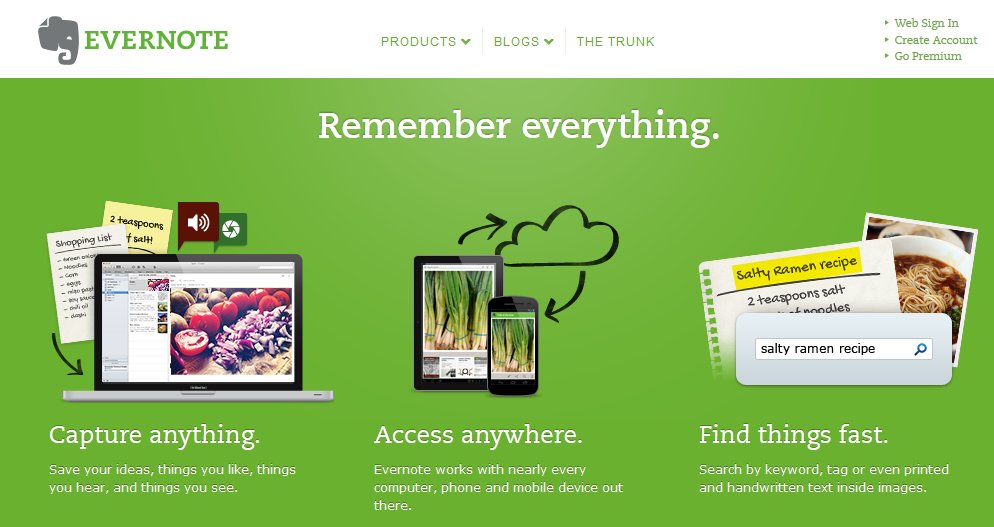
Adding a few words more for better clarity may have worked even better, but this is still a clear, powerful, and unique one. On the landing page, see that the USP is above the fold and the text is bold and large. It should be the first thing people notice on your webpage.
Trainer and Sales Consultant, Jill Konrath, on the other hand, doesn’t restrict the value proposition to just one sentence and instead provides examples that continue for 2-3 lines.
The value proposition by Buffer is a perfect example:
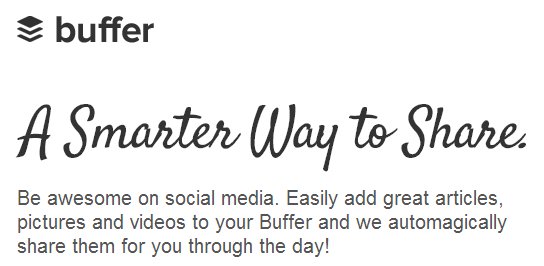
Highlight the quantified value, if possible
Emphasizing a tangible metric that shows quantified value to customers is another effective way to support your CVP.
If you can talk about your product in terms of increased revenues, improved operational efficiency, higher market share, reduced costs, or anything along those lines, it’s gold! Quantified value reduces ambiguity and increases the credibility and impact of your USP.
Draw a comparison that highlights your competitive advantage
If your product or service is an alternative to other products or services, you can even make a claim about your competitive positioning or highlight a comparison in your value proposition. Look at how Salesforce does it:
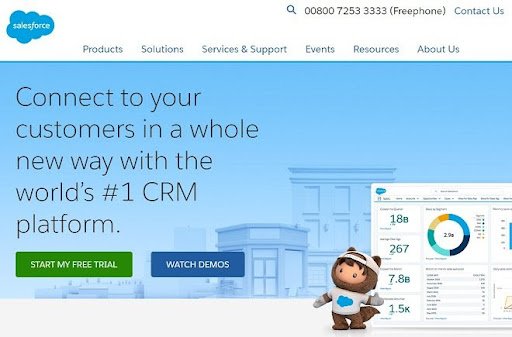
If you refer to competitors directly, be sure your prospects are already well aware of them—you don’t want to give free publicity to competitors if you don’t need to.
Add supporting elements
Adding other elements on the page that support your USP is even better. See how Notion uses key product use cases to validate and extend their USP, making it more relevant to the user:
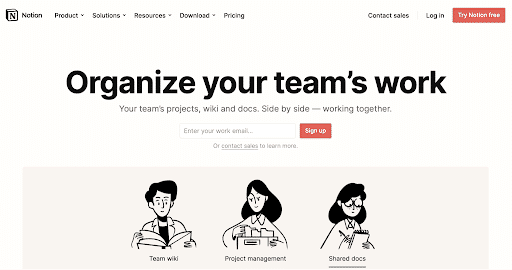
Download Free: Conversion Rate Optimization Guide
Key takeaways to help you write an effective value proposition
Be clear and specific to maximize impact. A vague or unclear USP such as “get better at dating” won’t link the benefit back to your product or service. “Quick background check software for your first date” is intriguing and conveys what the product does.
Prospects should quickly and easily understand your USP. If they have to read for more than five seconds or think to unpack the meaning of your USP, it won’t be effective. It needs to be easily understood.
Communicate concrete results. Focus on the results, key benefits, or core problem your product solves. Using data such as percentages and figures can back up claims and provide important evidence that gives weight to your proposition.
Convey how you are better than competitors. What gives you an edge over others? An important distinctive feature or a unique value-added service, whatever it is, use it to contribute to your conversions.
Avoid superlatives and unnecessary hype. Our world is awash with big claims that can’t be proven or validated. Lines such as, “we are the best printer ink provider in the USA” or “we are the #1 jeweler in Switzerland” come to mind. But customers will simply ignore claims that are self-exaggerated or unrealistic. It’s okay to go with such superlatives if you provide solid proof to back up your claims.
Instead, say something powerful yet believable. For example, the “home delivery in 30 minutes or your order is free” claim by Pizza Hut. Powerful and memorable, and something Pizza Hut follows through on.
No jargon! No one has the time to decipher complicated words. And it doesn’t make you look like an expert! Using jargon in a USP will only alienate audiences and reduce effectiveness. Keep it simple.
Don’t forget to A/B test!
How your USP is perceived by your buyers can make a huge difference to your conversions. Once you have figured out that primary distinctive feature you want to focus on, play with words and come up with multiple ways of expressing your value propositions.
You never know what might work. A/B test them all and go with the one that performs the best for conversions.
